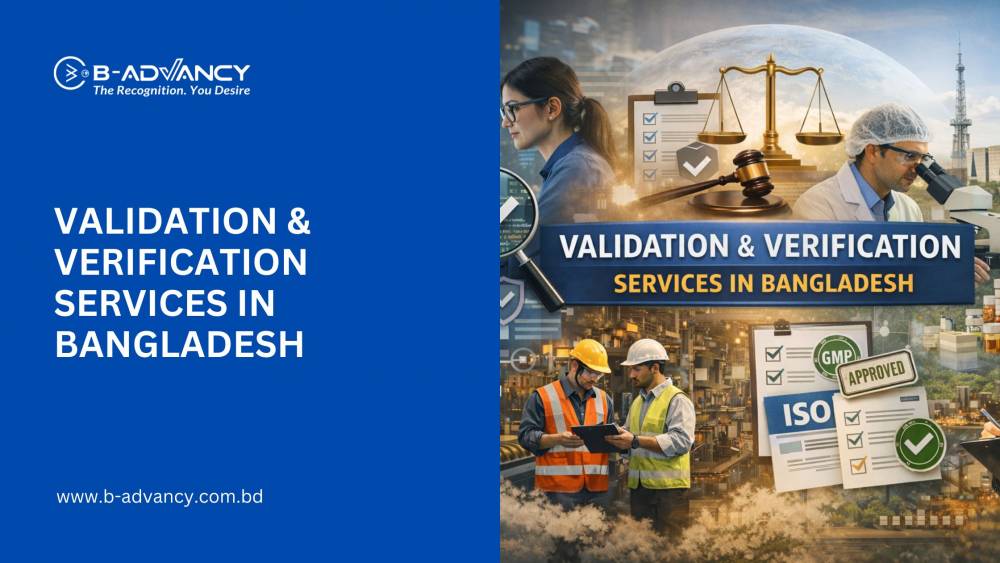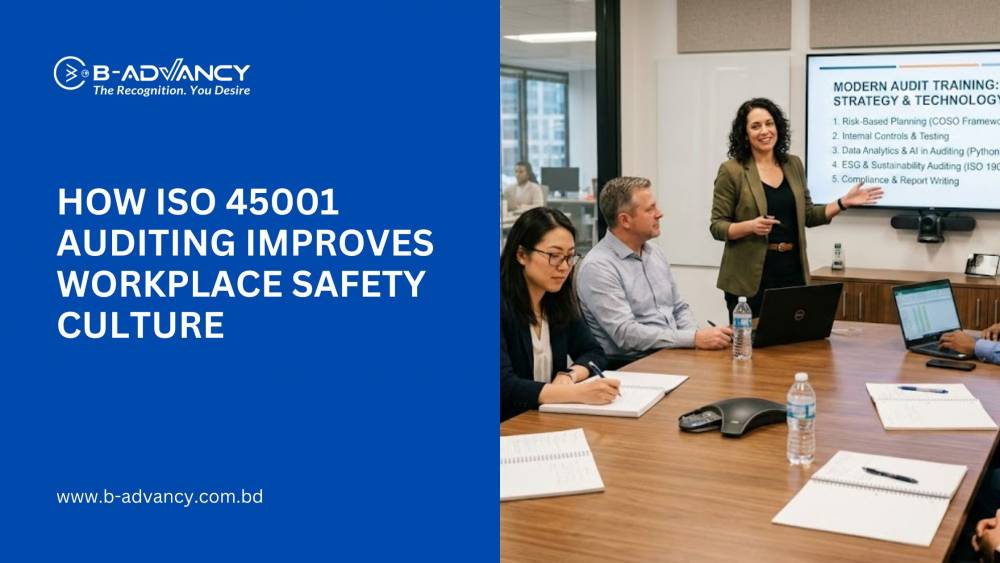Supermarkets are the lifeblood of urban and suburban communities, serving as vital hubs for everything from fresh produce to household essentials. In a market as dynamic as Bangladesh, where customer expectations are soaring and competition is fierce, a basic approach to business is no longer enough. This is why ISO certification has transitioned from being a "nice-to-have" to a non-negotiable requirement for any supermarket serious about long-term success.
This blog explores why ISO standards are now mandatory for supermarkets, highlighting the critical benefits that go beyond simple compliance.
What Makes ISO Certification Crucial for Supermarkets?
ISO (International Organization for Standardization) provides globally respected frameworks for a wide range of industries. For supermarkets, these standards address the most pressing operational challenges, from food safety to data security. Implementing ISO is about creating a robust, reliable, and trustworthy system that benefits both the business and its customers.
Key Reasons ISO Certification is a Mandatory for Supermarkets
1. Uncompromising Food Safety and Hygiene
-
ISO 22000 & FSSC 22000: These certifications are the gold standard for food safety. They mandate strict protocols for handling, storing, and distributing food products, minimizing the risk of contamination, spoilage, and foodborne illnesses. For a supermarket, ensuring every item on the shelf is safe to consume is the most fundamental responsibility.
2. Building Unshakeable Customer Trust and Loyalty
-
An ISO-certified supermarket sends a powerful message to consumers: "We care about your safety and satisfaction." This visible commitment to international quality standards builds a deep sense of trust. When customers know a store adheres to rigorous, verified processes, they are more likely to become repeat shoppers and loyal brand advocates.
3. Streamlining Quality Management and Consistency
-
ISO 9001 (Quality Management System): This standard is the backbone of efficient operations. It helps supermarkets establish reliable processes for everything from inventory management and product stocking to customer service. The result? Consistent product quality, a well-organized shopping experience, and a reduction in operational errors.
4. Ensuring Data Security in a Digital Age
-
ISO/IEC 27001 (Information Security Management System): Modern supermarkets rely on loyalty programs, digital payments, and online shopping platforms. With this comes the responsibility of protecting sensitive customer data. ISO/IEC 27001 provides a framework to safeguard this information from cyber threats and data breaches, which is crucial for maintaining customer confidence.
5. Embracing Environmental Responsibility
-
ISO 14001 (Environmental Management System): As consumers become more eco-conscious, supermarkets are expected to lead with sustainable practices. ISO 14001 helps businesses reduce waste, manage energy consumption efficiently, and minimize their environmental footprint. This not only appeals to modern shoppers but also aligns with global sustainability goals.
6. Prioritizing Workplace Health and Safety
-
ISO 45001 (Occupational Health & Safety): Supermarket employees face unique risks, from lifting heavy boxes in storage to working with machinery. ISO 45001 provides guidelines to create a safer work environment, protecting employees from potential hazards and reducing the risk of workplace accidents. A safe team is an efficient and motivated team.
7. Meeting Regulatory and Industry Expectations
-
In a globalized world, governments and industry bodies are increasingly looking at international standards to ensure compliance. Having ISO certification positions a supermarket not just as a local player but as a professional entity ready to meet global benchmarks for safety, quality, and ethical operations.
Why Is It No Longer Optional?
The supermarket industry is a high-stakes business directly tied to public health and safety. A single incident—be it a food recall, a data breach, or a serious workplace injury—can cause irreparable damage to a brand's reputation and consumer trust. Making ISO certification mandatory is about proactive risk management. It shows that the business is committed to preventing these issues before they occur, ensuring long-term viability and growth.
Partnering for Success: Your Path to ISO Certification
Navigating the path to ISO certification can seem daunting, but it doesn't have to be. A reliable partner like ISO-BANGLADESH can simplify the process. From providing expert consultancy and training to guiding you through documentation and audit preparation, they can help your supermarket achieve the certifications needed to thrive.
Conclusion
In the competitive landscape of modern retail, success is built on a foundation of trust, quality, and safety. By adopting mandatory ISO certifications like ISO 9001, ISO 22000, and ISO 27001, supermarkets in Bangladesh aren't just meeting a requirement; they are making a strategic investment in their future. It's about protecting consumers, safeguarding the brand, and securing a position as a leader in a dynamic and essential industry.





































































































































































































